Our Services
Individual Counseling
Our counseling services offer a safe, supportive space for individuals, couples, and families to explore and address a wide range of challenges. We specialize in treating issues like anxiety, depression, stress, relationship difficulties, and trauma, using evidence-based approaches tailored to each client’s unique needs. No matter the challenge, our goal is to empower clients to achieve emotional well-being, develop coping strategies, and create meaningful, lasting change in their lives.
-
We understand that you're hoping for relief, and while we can't promise to 'fix' everything, our goal is to work with you to explore what’s going on and support you in finding ways to feel better and make meaningful changes. Healing and growth are a process, and together we can identify strategies to help you navigate challenges and build the skills you need to move forward.
-
Normalize the Experience: Reassure your child or teen that counseling is a positive step toward feeling better and managing challenges, rather than something to be ashamed of. Frame it as a safe space for them to talk openly and learn helpful tools.
Be Supportive, Not Controlling: Encourage your child to be honest and engaged in therapy, but avoid pressuring them to "fix" everything quickly. Let them know you're there to support their process, even if it takes time.
Respect Confidentiality: Trust the counseling process and understand that some topics might be discussed privately between your child and the therapist. While it’s important to stay involved, respecting their privacy helps build trust and empowers them to fully participate.
-
At our counseling office, we are committed to protecting the privacy and confidentiality of our clients. All personal information, including therapy notes and session details, is kept strictly confidential and will only be shared with written consent, except in cases where disclosure is required by law (e.g., safety concerns or legal obligations). We use secure methods to store and transmit sensitive information, ensuring that your privacy is respected at all times. Clients have the right to access their own records and can request copies or corrections if necessary. Our goal is to create a trusting and safe environment where you can feel confident in the confidentiality of your treatment.
Gottman Method ™ Couples Counseling
We use the science-backed Gottman Method™ Couples Counseling to help train couples to reduce negative communication patterns, foster greater intimacy, grow in mutual respect and affection, as well as identify obstacles that inhibit understanding within relationships.
-
Be Open and Honest: Marriage counseling works best when both partners are willing to be vulnerable and share their true feelings, even if it's uncomfortable. Honest communication helps the therapist identify underlying issues and create a path for healing.
Stay Committed to the Process: Progress in therapy can take time, so it's important to stay committed and patient. Consistent effort, both in and out of sessions, to implement strategies and practice new skills is key to long-term success.
Focus on Understanding, Not Winning: The goal of marriage counseling is not to "win" arguments, but to understand each other's perspectives and work collaboratively toward solutions. Shifting the focus from being right to understanding one another can deepen connection and resolve conflicts more effectively.
-
Couples can start this process by completing this free relationship quiz created by the Gottman Institute.
-
Acknowledge Their Feelings: Start by understanding and respecting why your spouse may be hesitant. Sometimes fear, discomfort, or the misconception that counseling means something is "wrong" can hold them back. Listen without judgment and validate their emotions.
Focus on the Benefits, Not the Problems: Frame counseling as a way to improve the relationship, not as a sign that things are broken. Emphasize how it can help both of you communicate better, deepen your connection, and prevent future misunderstandings or conflicts.
Suggest It as a Joint Effort: Rather than framing it as "we need help," try framing it as something you both can do together to strengthen your relationship. Let your spouse know that you're in this as a team, committed to growing and improving together.
Start Small: If counseling feels overwhelming to your spouse, suggest starting with a less formal approach, like reading a relationship book together or watching a webinar. This can ease them into the idea of therapy without the pressure of a traditional counseling session.
Be Patient and Open: It might take time for your spouse to warm up to the idea. Give them space to process the idea without pushing too hard, but gently remind them of how much you value the relationship and your commitment to making it better.
Lead by Example: Sometimes, showing your own willingness to work on yourself can encourage your spouse to join you. If they see that you're open to growth and self-reflection, they might be more inclined to join the process when they're ready.
Get the free app:
Psychological Testing
During psychological testing, you can expect a thorough and comfortable experience designed to gather important insights about your cognitive and emotional functioning. Once the testing is completed, we will analyze the results and prepare a comprehensive report. In a follow-up session, we’ll go over the findings and discuss any recommendations for support or intervention.
-
The process typically begins with a discussion about your background, concerns, and goals, which helps us tailor the testing to your needs. You may be asked to complete various assessments, such as questionnaires or interactive tasks, that measure aspects like your mood, behavior, cognitive abilities, or personality.
-
Psychological evaluations are a tool to help us better understand your unique strengths, challenges, and how you're coping with things in your life. The goal is not to label or judge, but to gain insights that can guide us in supporting you more effectively. This process can help identify areas where you may be struggling and provide clarity on how to improve or manage certain aspects of your mental health. It’s about understanding yourself better, so you can make informed decisions about your next steps in treatment or personal growth.
-
Psychological testing is appropriate when you're seeking a deeper understanding of your cognitive, emotional, or behavioral functioning, particularly if you're experiencing challenges like anxiety, depression, or relationship difficulties. It can also be helpful if you're trying to clarify a diagnosis, assess for learning disabilities, or understand factors affecting performance at work or school. Testing is often recommended when other treatment approaches haven’t provided enough insight, or if you need specific information to guide decisions about therapy, medication, or accommodations.
What are the Next Steps?
-
After you complete the contact form, you will receive a call to have a brief 15 minute conversation. We will ask you about your need and goals. We will tell you a bit about how we could help.
-
If you choose to move forward, we will schedule a 1 hour (individual) or 1 ½ hour (marriage) counseling appointment where we will conduct a more in-depth interview and formulate a treatment plan.
-
Based on the situation and need we will begin scheduled sessions at an appropriate pace to begin moving forward toward your goals.
-
At our counseling office, we are committed to protecting the privacy and confidentiality of our clients. All personal information, including therapy notes and session details, is kept strictly confidential and will only be shared with written consent, except in cases where disclosure is required by law (e.g., safety concerns or legal obligations). We use secure methods to store and transmit sensitive information, ensuring that your privacy is respected at all times. Clients have the right to access their own records and can request copies or corrections if necessary. Our goal is to create a trusting and safe environment where you can feel confident in the confidentiality of your treatment.
-
The cost of counseling and testing can vary depending on the type of services provided. We recommend contacting our office directly to discuss specific fees. Additionally, we do accept some insurance plans. Please verify coverage with your provider to determine what benefits are available to you. If you're paying out-of-pocket, we offer flexible payment options and can provide a detailed breakdown of costs during your initial consultation.






